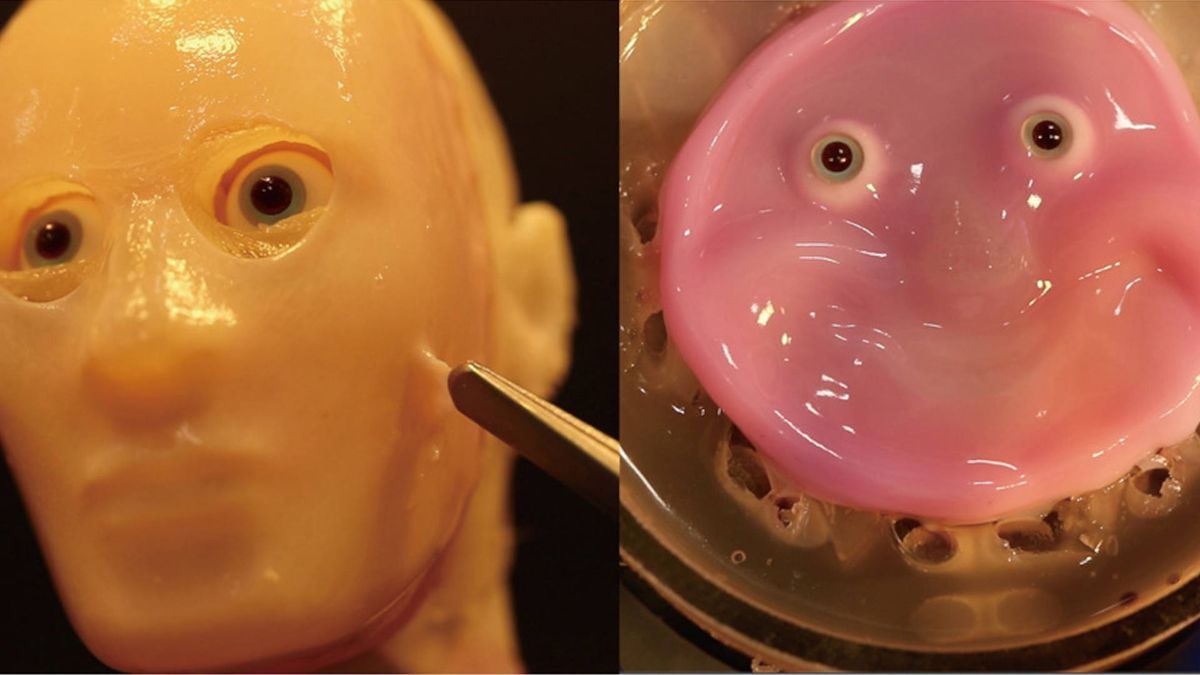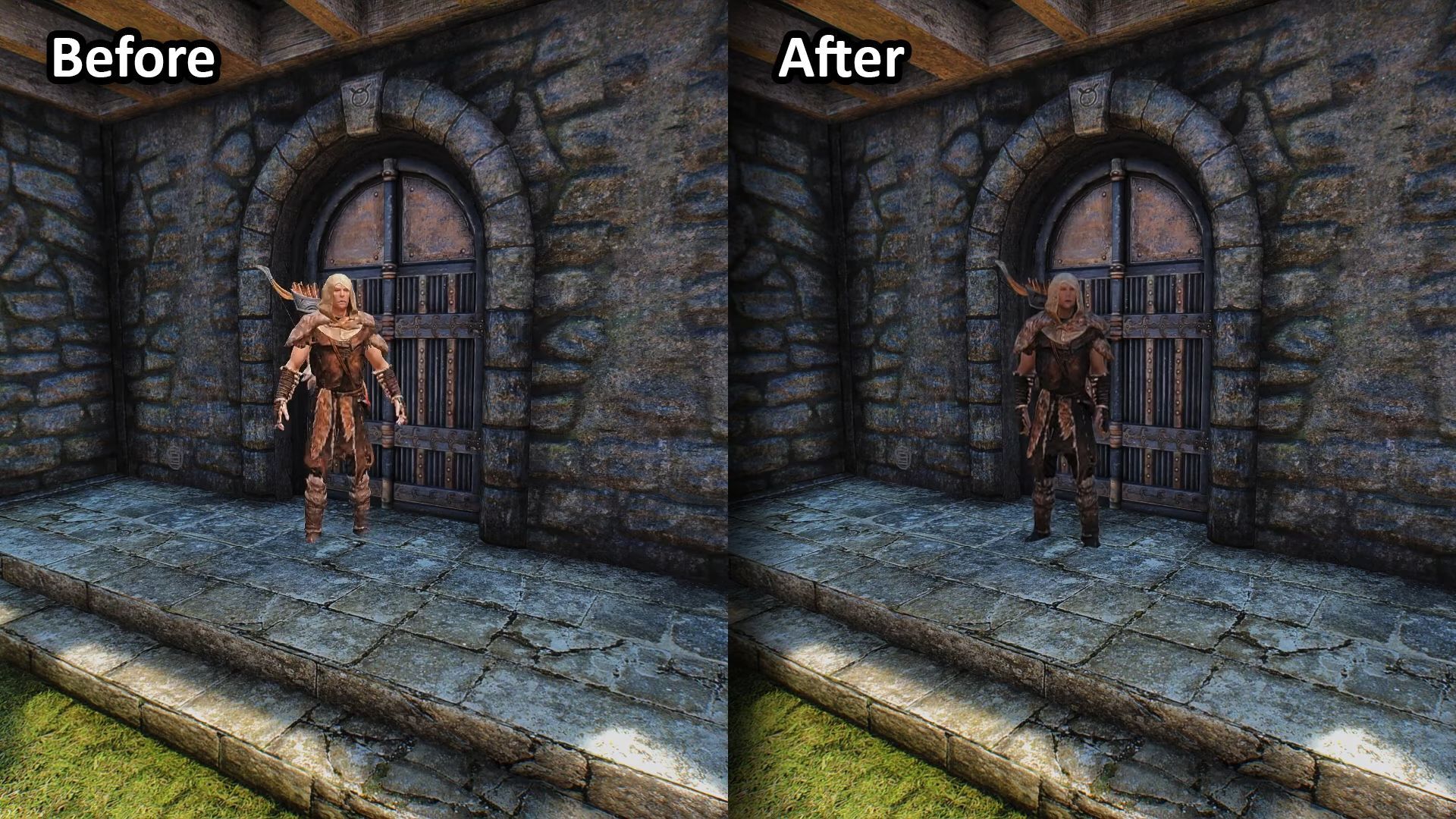We all know that science fiction films are literally just that—fiction. After all, it’s not as if scientists are actively trying to create something that would look at home in a movie that involves cyborgs from the future blending in with us humans. Right? Well, when a team of bioengineers have made a mask out of living human skin cells, to be worn by robots that can be made to ‘smile’, what else am I supposed to think?
Few stories on the endeavours of scientists have elicited such a unanimous and unequivocal response from the PC Gamer hardware team as this one. New Scientist (via Hot Hardware) has reported on the work of a team of bioengineers at Harvard University, in which they’ve managed to create a “cultured mix of human skin cells grown in a collagen scaffold and placed on top of a 3D-printed resin base.”
Sounds great, yes? Research into artificial flesh and skin could do wonders for those with serious injuries and the like. However, the goal of this particular team is to make robots appear more human-like and make them more approachable and friendly. I’d say that while not as important as repairing major burns or wounds, human-like robots are perhaps something worthy of aiming for.
You can judge for yourself by watching the video above, but the ever-staring eyes (why does it have eyes?), the rictus grimace, and Dr Who-esque skin stretching just made me feel rather queasy and more than a tad unnerved. And I wasn’t the only one in the office to fight the urge to grab a flammenwerfer and torch it all before there was any chance of it being wrapped around a metal skeleton that then started stomping around with murderous intent.
Leaving aside the nightmare-inducing robot ‘faces’, there’s some really good science going on behind all of this and it’s hard not to be impressed with what the team has done. If artificial skin and flesh can be perfected, then it’s not just the world of surgery that can benefit but also cosmetics and pharmaceutical research into drugs administered via the skin.
At the moment, mechanical actuators were required to make the face ‘smile’ but the authors of the research paper behind the study write that “substituting [them] with cultured muscle tissue presents an intriguing prospect in the realization of a higher degree of biomimetics.”
“Examining the correlation between facial muscle contractions and resulting facial expression can offer insights into the physiological aspects of emotion, leading to new exploration in the treatment of diseases, such as facial paralysis surgery.”
I’m all for that kind of progress but I do prefer my robots to be distinctly robot-like. In a world of deep fakes and generative AI, let’s have at least one technological advancement not masquerade as a fellow human being, yes? I mean, who wants to live in a world where James Cameron is no mere filmmaker but a genuine prophet of the future?





